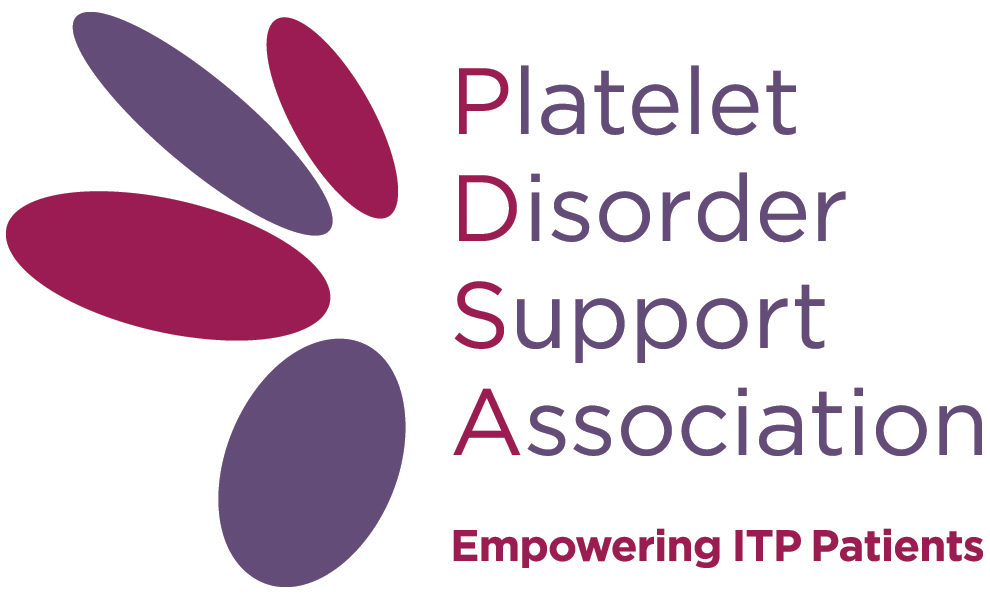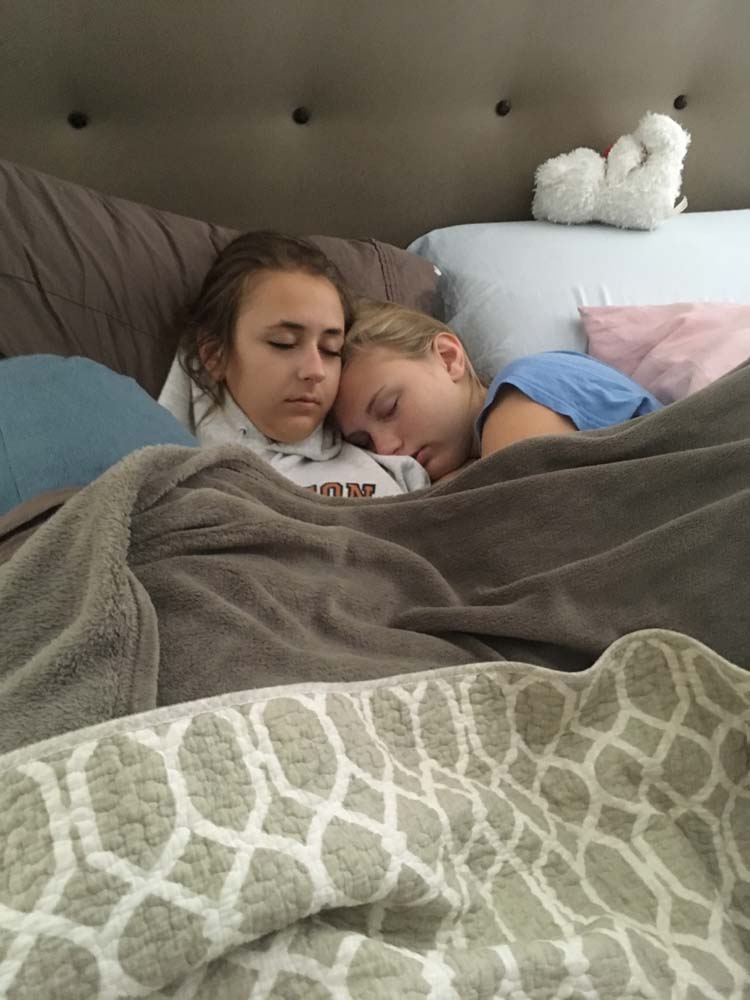JESSY'S ITP JOURNEY
In summer of 2017, I was going into ninth grade and Jessy, my sister, was going into her junior year in college. It was then that she was diagnosed with Idiopathic Thrombocytopenic Purpura (ITP). She began to have petechiae for about six months and my family thought she was fine - we all would have them at one point or another. Thinking there was nothing to be afraid of, Jessy visited our brother in Chicago for a couple weeks, but soon realized that her petechiae was not like ours. She ended up coming home unexpectedly because her little red dots had turned into migraines, body aches, and more bruising, and eventually fainting spells. Later that summer, we took her to see a doctor who told her that she needed to exercise more, but our mother, Andrea, knew something else was wrong. Andrea pushed for a referral to a hematologist named Dr. Sridhar Pal, and they went the next day… and thank goodness they did. He told them that Jessy was at thirteen thousand platelets, just three thousand away from a life threatening hemorrhage. Even with this new information, Dr. Pal still could not find the cause and, afraid of her platelets dropping further, he sent her to the hospital immediately. Jessy spent the weekend at the hospital, where they tried steroid treatment to try and increase her numbers. While our faces turned white, we were all worried sick for her because we wanted her to be okay, and it was very stressful for our family to go through. Fortunately, the steroids were keeping her platelets up so Dr. Pal prescribed a daily dose as a short term fix, but they took a toll on her emotions and energy levels. Sometimes she was feeling intense and angry at mom, dad, and me for no reason. I remember one night when she couldn’t stop herself from yelling at us to leave her alone. She would then apologize to us and cry because we all knew it was a larger, upsetting issue that none of us could have controlled. When Jessy’s doctor tried to wean her off steroids, her platelets would drop every time they lowered the dosage. She would go from one hundred thousand to ninety to eighty and so on. Months later, Jessy still did not have a stable platelet count and Dr. Pal told her that she should not go back to college at Emory University. He told her that her options were a splenectomy or a Rituximab treatment that would send our medical bills through the roof - and neither option was guaranteed to fix her problem because they still did not know the cause. We decided on the Rituximab treatment but in order to be able to afford it, they had to wait until the new year for her new, more robust insurance plan to help cover it. But when all this happened, it was September of 2017 and Jessy would miss an entire semester of school if she waited to have the treatment the following year. So, she convinced Dr. Pal to let her go to school but she also promised him that she would continue to take steroids every day and get her blood drawn three times a week. Meanwhile, Jessy does not like needles and faints when she gets her finger pricked, let alone her blood drawn. But, thankfully, mind won over matter, as she got over her fear of needles and took it like a champ. In 2018, it was finally time for her treatment to begin but she still refused to miss school, so she travelled from Atlanta to Charlotte on Thursdays, did the treatment for eight hours on Fridays, slept all day Saturdays and then went back to Atlanta on Sundays so she could be in class on Monday. This repeated for about a month or so. When Dr. Pal saw that the Rituximab was working, we were all getting hopeful and he agreed to let Jessy continue to stay in school, still getting her blood drawn in Atlanta. After two months of getting her blood drawn three times a week and a stable platelet count, Dr. Pal reduced it to two times, and then eventually once. Now, all she has to do is monitor her symptoms and see him once a year to confirm that she is still in good health. Since Jessy has not had any symptoms for a long time, she gets to see him every two years now!
Now, I am a senior in high school at Gaston Day in Gastonia, NC. I hope to raise $2,500 to fund research and treatment for people diagnosed with ITP as my senior project. Thank you!
PDSA is a 501 (c)3 organization.
Contributions are tax deductible to the extent of the law.
PDSA is eligible for corporate matching programs.
PDSA receives NO federal funding.





